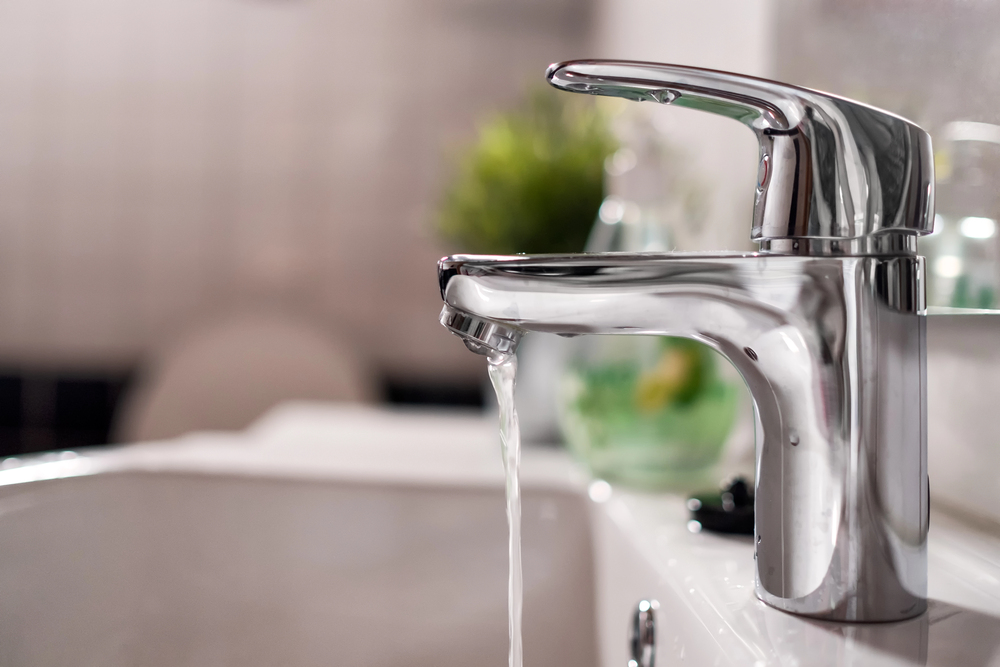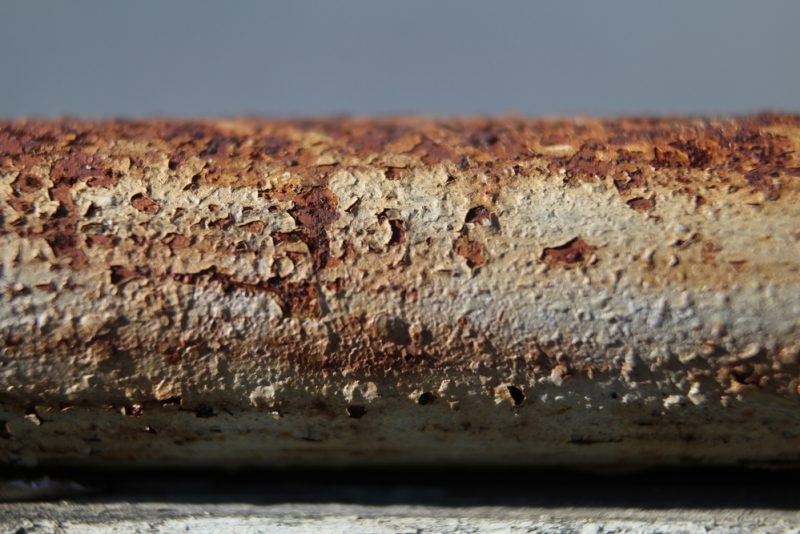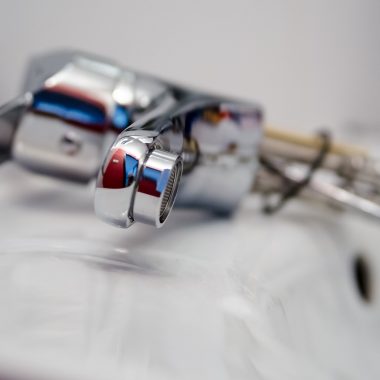Corroded pipes are a common problem in both residential and commercial plumbing systems. Over time, pipes can degrade due to a variety of factors, including age, water quality, and environmental conditions.
This deterioration can lead to significant issues with water flow and pressure, impacting daily life in many ways.
The Basics of Pipe Corrosion
Pipe corrosion occurs when metal reacts with its environment, leading to a breakdown of the material.
This chemical reaction can be accelerated by factors such as high acidity, the presence of oxygen, and certain minerals in the water supply.
Common types of corrosion include pitting, general corrosion, and galvanic corrosion, each impacting pipe integrity differently.
How Corrosion Impacts Water Flow
Corroded pipes can have a profound effect on water flow. As pipes corrode, they often become narrower due to the buildup of rust and mineral deposits.
This constriction hampers the smooth passage of water, reducing flow rates. Homeowners might notice a significant decrease in the speed at which water comes from faucets and appliances.
Imagine trying to fill a bucket with water from a garden hose that has a pinhole leak; the flow is weak and frustrating.
Pressure Problems Caused by Pipe Deterioration

Along with flow issues, corroded pipes can lead to low water pressure. As the diameter of the pipe decreases, the water struggles to push through, causing pressure drops.
This can lead to inconsistent water delivery, where some fixtures may not receive adequate pressure while others might flow normally.
Such fluctuations can be particularly problematic when using multiple fixtures simultaneously, like showering and running a dishwasher.
Common Symptoms of Corroded Pipes
Recognizing the signs of corrosion can help homeowners address issues early. Some telltale signs include discolored water, strange tastes or odors, and leaks.
Discolored water, often a rusty brown hue, is a direct indicator of corrosion inside the pipes. If water tastes metallic or has an unusual smell, it could be a sign that the pipes are deteriorating.
Leaks can occur when the corrosion progresses to the point of weakening the pipe walls, which can lead to water damage and costly repairs.
Factors Contributing to Pipe Corrosion
Several factors contribute to the rate at which pipes corrode. Water chemistry plays a critical role; high levels of chlorides or sulfates can accelerate deterioration.
Additionally, temperature can influence corrosion rates; warmer water tends to corrode pipes more quickly than cooler water.
Environmental conditions, such as soil composition around underground pipes, can also contribute to corrosion rates.
The Role of Pipe Material
The type of material used for plumbing pipes significantly affects their susceptibility to corrosion. Copper pipes, for example, can corrode over time, especially in acidic water.
Galvanized steel pipes, once commonly used, are now notorious for corrosion issues, often leading to serious plumbing problems.
On the other hand, PVC and PEX pipes resist corrosion, making them increasingly popular choices in modern plumbing systems.
The Long-Term Effects of Corroded Pipes
Allowing corroded pipes to remain in use can lead to more severe issues down the line.
Beyond just flow and pressure problems, corroded pipes may lead to complete pipe failure, resulting in extensive water damage. Additionally, the presence of rust and debris in the water supply can pose health risks.
Consuming contaminated water may lead to various health issues, making it essential to address corroded pipes promptly.
Repairing and Replacing Corroded Pipes
Addressing corroded pipes often involves either repair or replacement. For minor corrosion, cleaning the pipes and applying protective coatings may be an option.
However, in many cases, especially with older plumbing systems, full pipe replacement is the most effective long-term solution. Replacement can be a significant investment, yet it often saves money in the long run by preventing further damage.
Preventative Measures for Pipe Corrosion
Taking steps to prevent corrosion can save homeowners both time and money. Regular maintenance checks on plumbing systems can help identify early signs of corrosion.
Additionally, water softening systems can reduce mineral deposits that contribute to corrosion. Keeping an eye on water quality and chemistry is vital; having your water tested can provide valuable information about its corrosive potential.
The Impact of Water Quality on Pipe Integrity
Water quality plays an unmistakable role in the longevity of plumbing systems. High levels of minerals, such as calcium and magnesium, can lead to scale buildup inside pipes, exacerbating corrosion problems.
Ensuring that water has balanced pH levels and is free from harmful chemicals can greatly enhance pipe longevity.
The Environmental Impact of Corroded Pipes
Corroded pipes also have environmental implications. Leaks from deteriorating pipes can lead to significant water waste, contributing to larger systemic water shortages.
Moreover, the runoff from corroded pipes can introduce contaminants into the soil and waterways, affecting local ecosystems. Addressing plumbing issues is not just a personal concern; it has broader environmental ramifications.
The Cost of Ignoring Corroded Pipes
The financial implications of ignoring corroded pipes can be staggering.
From increased water bills due to leaks to the potential costs of water damage, homeowners can find themselves in a tight spot. Investing in regular inspections and maintenance is wise.
The costs associated with emergency repairs often far exceed those of preventative measures.
Professional Assessment and Intervention
Enlisting the help of professional plumbers can provide an accurate assessment of pipe condition.
Licensed experts for drain and pipe issues have the necessary expertise and equipment to diagnose and resolve problems efficiently.
They can offer targeted solutions based on the specific circumstances and materials involved.
The Future of Pipe Technology
As technology evolves, so does plumbing. New materials and methods are being developed that promise to reduce the likelihood of corrosion.
Innovations such as trenchless pipe replacement are changing the game, allowing for less invasive repairs and longer-lasting solutions. Homeowners should stay informed about these developments for potential upgrades to their plumbing systems.
DIY vs. Professional Solutions
For the handy homeowner, there might be a temptation to tackle plumbing issues independently. However, while minor repairs can be within reach, significant corrosion problems often require professional intervention.
The risks associated with improper repairs can lead to more extensive damage, making it a smart move to call in the experts when in doubt.








